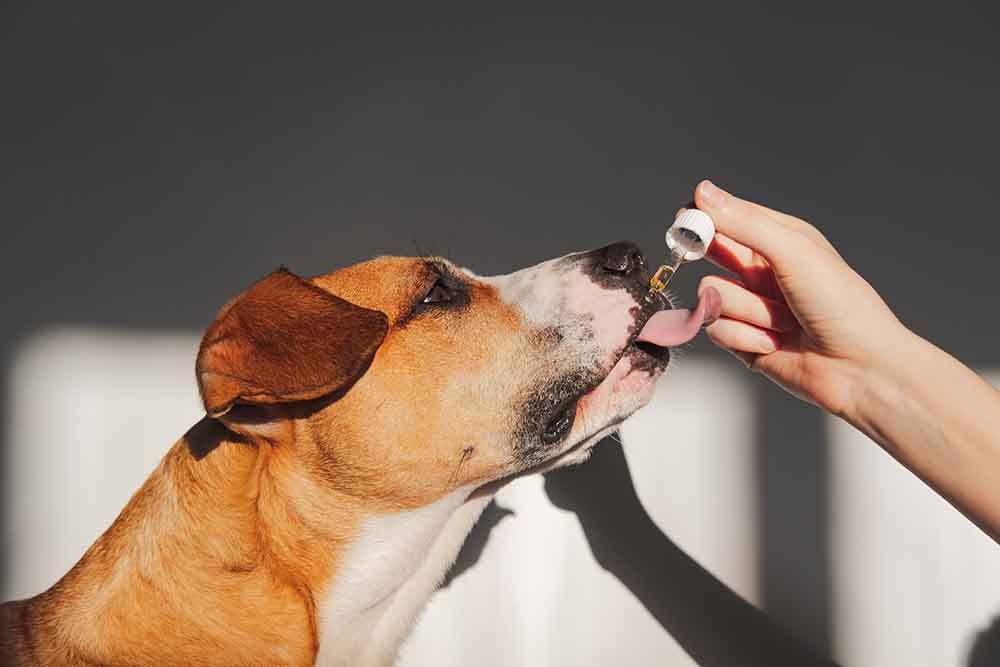Several pet parents often feel guilty about neutering or spaying their pets, it is like their dog child (an adult in dog years) doesn’t get a say in a matter personal to them. Several studies and veterinarians have highlighted that the average lifespan of spayed and neutered pets has been demonstrated longer than the lifespan of those that aren’t. So, stop feeling guilty and consult a vet to discuss the advantages and disadvantages of neutering your pet.

Neutering is a surgical procedure where a male animal’s reproductive organs are removed while spaying refers to the removal of ovaries and uterus in females. According to experts, in males, it is known to decrease the chances of developing prostatic disease and hernias and eliminate the chances of developing testicular cancer. In females, as indicated by several studies, spaying reduces the risk of breast cancer, or a potentially fatal infection of the uterus (pyometra).
Neutering or spaying pets can have several benefits, such as preventing unwanted litters, reducing the risk of certain tumours, avoiding complicated issues arising from hormonal imbalances and curbing certain behavioural problems. The factors to be considered before making the decision to neuter/spay your pet include the pet’s age, breed, health status, and the owner’s lifestyle. Consulting with a veterinarian can help determine the best timing and approach for your dog.
We spoke to Dr Hemant Thange, Petvets Veterinary to discuss the details. According to him, “There are some potential risks associated with neutering or spaying pets. These can include surgical complications, reactions to anesthesia, and changes in behaviour or metabolism. Additionally, spaying female dogs may slightly increase the risk of certain health issues later in life, such as urinary incontinence or obesity. If benefits outweigh the risks, then certainly one should get their pets neutered.”
Here are some measures recommended by Dr Thange to be followed pre- and post-surgery for your four-legged child.
Pre-surgery
Consult a veterinarian: Discuss the procedure, potential risks, and benefits based on your pet’s age, breed, and health status.
Pre-surgery tests: Your vet may recommend blood tests to ensure your pet is healthy enough for surgery.
Fasting: Pets should not consume anything 12 hours before surgery to prevent complications from anesthesia.
Follow instructions: Your vet will provide specific guidelines, such as medication management and bathing restrictions.

Post-surgery
Rest and recovery: Ensure your pet has a quiet, comfortable space to rest and heal.
Monitor incision area: Keep an eye on the incision for swelling, redness, or any kind of discharge. Report in case of any issues to your vet.
Cone of shame: Your pet might need to wear an Elizabethan collar to prevent them from licking or biting on the incision.

Medication and care: Follow your vet’s instructions for pain management, antibiotics, bathing, and wound care.
Restricted activity: Limit physical activity like running or jumping for a few days to promote healing and prevent complications.
Prevent licking: To avoid infection, prevent your pet from licking the incision site.

There may be potential side effects that include temporary changes in behaviour, appetite, or energy levels. Swelling and mild discomfort are also common in the immediate post-surgery period. However, if you notice severe or prolonged side effects, do get in touch with your vet. Remember, each pet and their needs are unique, so it’s important to follow your vet’s advice for the best outcomes.
For general information to pet parents, the cost of neutering can vary based on certain factors such as the pet’s species, size, age, location, and the veterinary clinic’s standard pricing. On average, neutering can cost anywhere between ₹5,000 to ₹25,000 or more. Spaying female pets is often slightly more expensive due to the complexity of the procedure. It’s important to note that the cost can also include pre-surgery exams, anesthesia, pain medications, and post-operative care. Some clinics may offer package deals that include additional services. To get an accurate estimate, it’s best to contact local veterinary clinics and inquire about their pricing for neutering or spaying your pet.
The above article is for information purpose only. We recommend you to consult an expert and seek medical guidance on neutering and spaying of pets.